A new report has been released identifying the barriers Indigenous people face in receiving income support, and the gaps in service once they do.
Titled “Income Supports and Indigenous People in BC: and Analysis of Gaps and Barriers”, the report was conducted following recommendations of a panel on poverty reduction from 2018.
It reveals a variety of often insurmountable hurdles which Indigenous people must overcome to even receive support in the first place.
Some of those barriers include: general stigma and discrimination when accessing government services, difficulties with the bureaucratic process, a lack of face-to-face support, and a lack of access to technology, including poorer internet connectivity.
They also found even more challenges for those moving off-reserve, including insufficient and delayed funding provided.
In addition, they heard that many of the people on basic support should be receiving disability support due to substance abuse issues stemming from trauma.
In terms of service gaps, they found that social assistance rates are not enough to last the duration of the month, leading to housing and food insecurity issues.
The report offers a number of recommendations, split in to 10 categories, one for community members, and 9 for government.


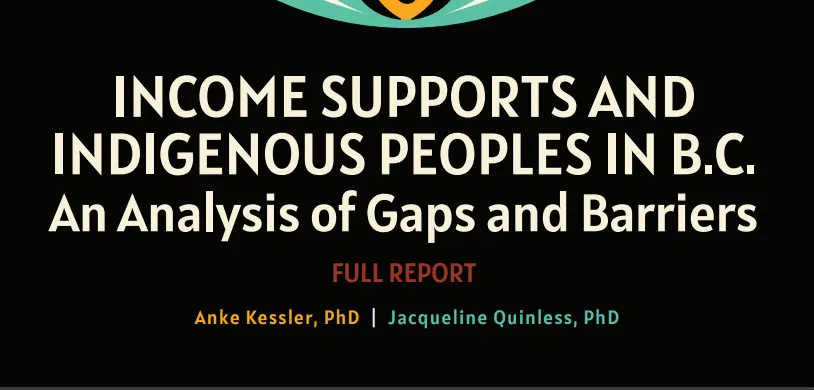

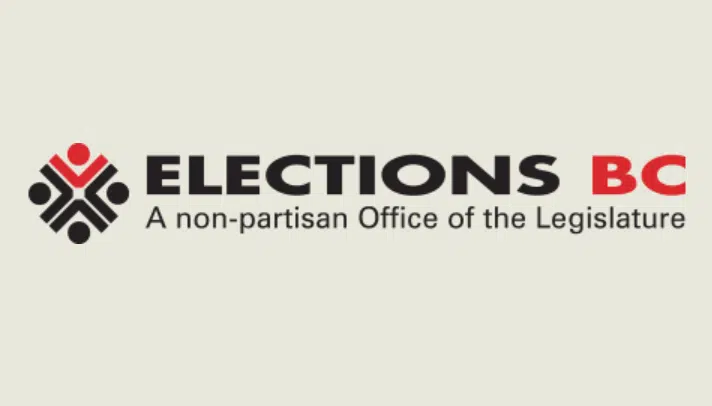
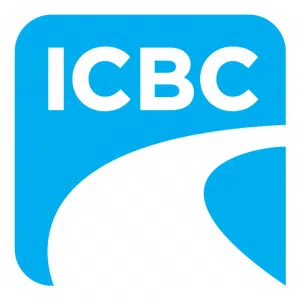
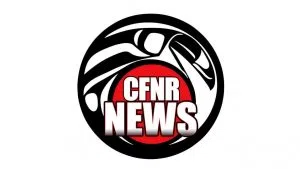
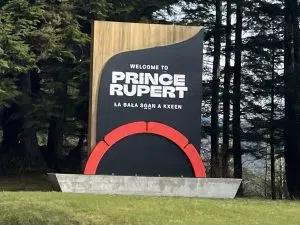
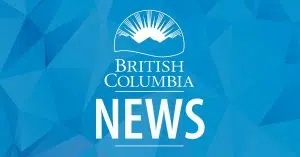
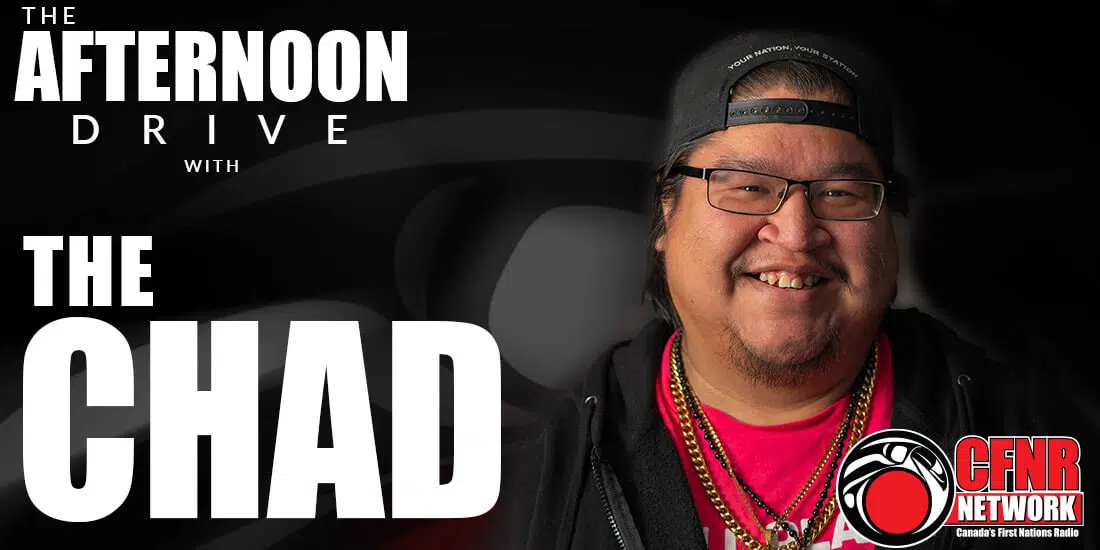
Comments